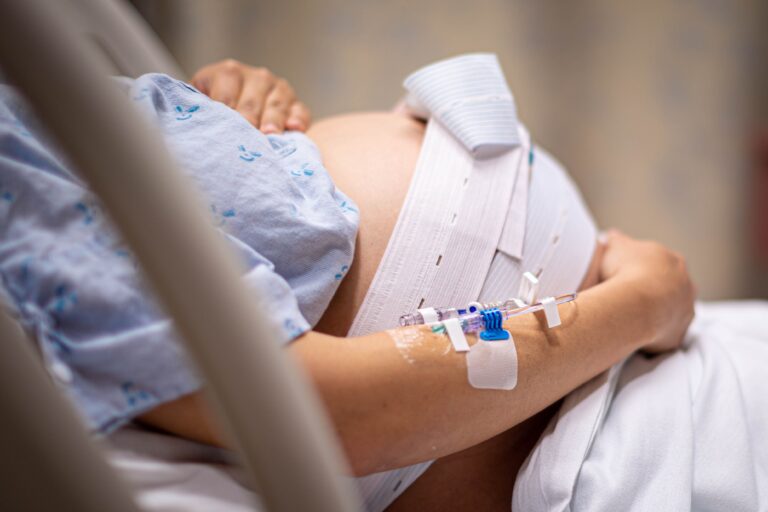What is cervical cancer?
The cervix is another name for the neck of the womb. Cervical cancer can affect women of any age, but it is most common in women who are 30-45 years of age. It is rare in women aged under 25 – women in the UK are screened for early signs of the disease with a smear test.
In the future, many cervical cancers will be prevented by HPV vaccinations, but cervical smears remain a vital way to detect early signs. The reason for this is that pre-cancerous cell changes don’t have any symptoms.
Is cervical cancer hereditary or genetic?
Cervical cancer is the 14th most common cancer in females within the UK, but is one of the cancers that’s least likely to be genetic. As mentioned, the human papilloma virus (HPV) is a major cause of the main types of cervical cancer. For most, HPV causes no harm and goes away on its own. However, Cancer Research UK says that around 12 types of HPV are considered high risk to the cervix, with HPV 16 and 18 causing 7 out of 10 cervical cancer cases. This is why women aged 25 to 49 are offered cervical screening every 3 years with the NHS, and every five years for those over 50.
Symptoms of cervical cancer
The most common early sign is unusual vaginal bleeding, particularly after/during sex, or after the menopause. Some women also have persistent vaginal discharge that is blood stained, has an unpleasant odour, or they suffer pain during sex.
If you’ve had an abnormal smear test, or have symptoms that indicate cervical cancer, your doctor will refer you for tests.
The most common is a colposcopy, which is a close examination of the cervix and may include a biopsy. Alternatively, you may have a cone biopsy, usually carried out under a general anaesthetic.
Should these tests detect the signs of cancer, they will suggest that you have more tests. You may need to have a pelvic examination under anaesthetic, an MRI or CT (or sometimes PET-CT) scan, blood tests and a chest x-ray.
This will, of course, be a worrying time for you and your loved ones, and it may help to speak to a specialist nurse or counsellor about how you are feeling.
Is cervical cancer curable?
Diagnosing cervical cancer early is crucial to give the patient the best chance at recovery. If the cancer is caught at an early stage, there is a good chance that it can be treated effectively and cured. The later the cancer is detected, however, the higher the chance of it having spread to other parts of the body and the harder it becomes to treat. For this reason, it’s essential that you’re aware of the possible symptoms to look out for and that you address any issues with a doctor straight away.
When your doctor gives you a cervical cancer diagnosis, they’ll likely make a reference to ‘stages’. These stages are related to the progression of the disease and are numbered from one to four based on how far the cancer has spread – one being the initial phase and four being the most severe. NHS information on cervical cancer notes that, with treatment, the chances of living for at least five years after a cervical cancer diagnosis are 80-99% in stage 1, 60-90% in stage 2, 30-50% in stage 3 and 20% in stage 4. Sadly, in the UK, just under 1,000 women die from cervical cancer every year.
Cervical cancer misdiagnosis
Given that the earlier that cervical cancer is diagnosed, the better the outcome, it is vital that women are diagnosed and treated at the earliest possible point.
There may, unfortunately, be a delay in finding that you have cervical cancer, for example:-
- Your GP doesn’t examine you or refer you to a specialist for a test after you’ve told them of your symptoms
- A test result showed a possible problem and isn’t followed up
- A test result is incorrectly reported
- Your symptoms are misdiagnosed as another illness
If this is the case, then we can provide specialist advice on making a claim for compensation for medical negligence, making sure you can get the best possible outcome.
At Bolt Burdon Kemp we understand that money can never truly compensate in these circumstances – the knowledge of a failure in treatment can be devastating. But compensation can help to secure you and your family’s future.
As well as compensation for the effect of the more advanced cancer caused by the misdiagnosis, you can recover the cost of other losses, such as the cost of private medical treatment which otherwise wouldn’t have been necessary, and for the cost of extra care on a private basis.


















